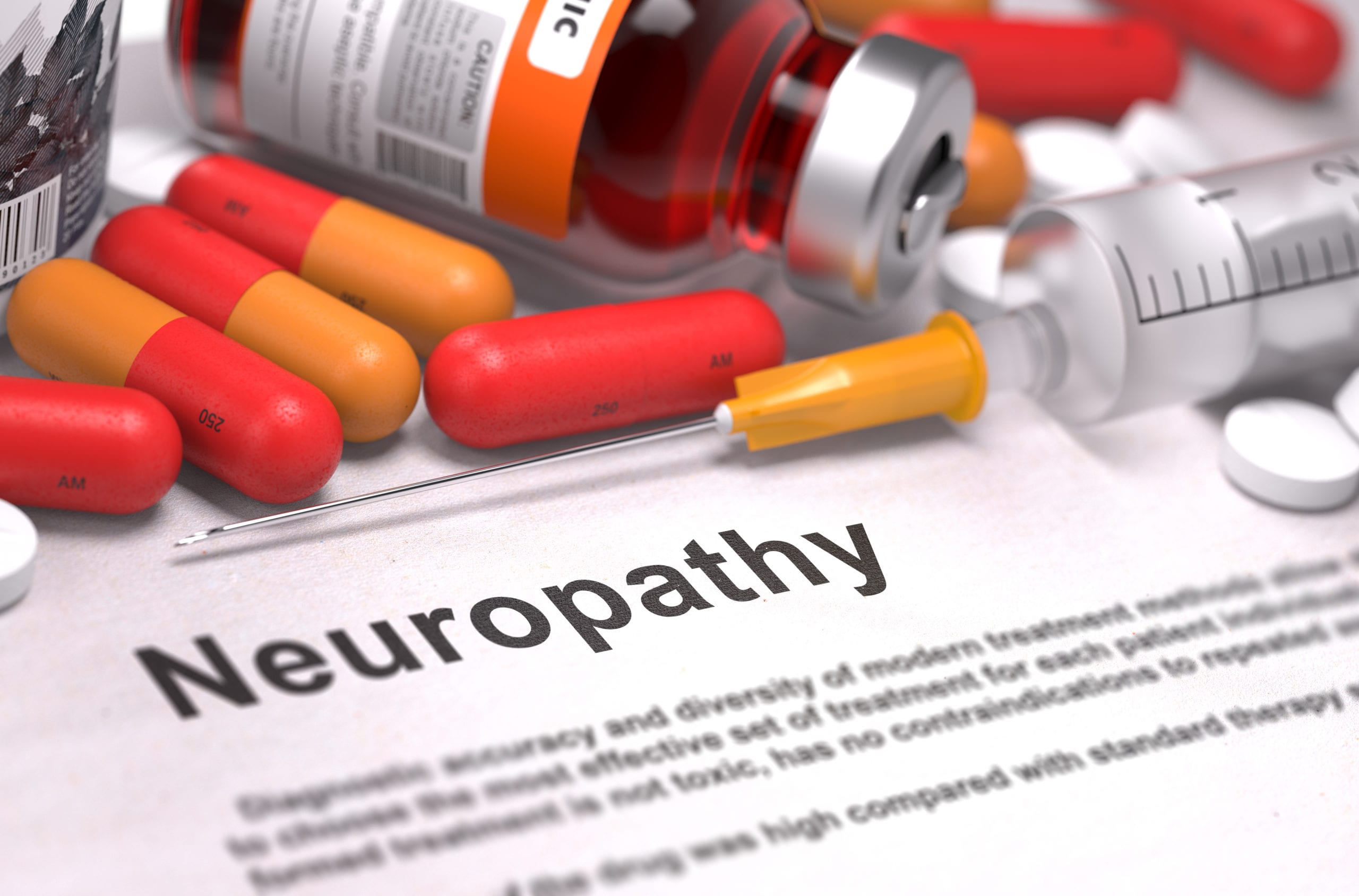Gene Therapy For Nerve Pain On The Horizon
Gene therapy for nerve pain
MAY 11, 2016 BY RON GILMORE
The 90 percent of cancer patients who experience pain due to nerve damage caused by tumors, surgery, chemotherapy or radiation may someday be helped by gene therapy, according to a new MD Anderson study published in Cell Reports.
The study in rats showed transferring a gene known as KCC2 into the spinal canal restored chloride levels gone awry after nerve injury.
“We found that delivery of KCC2 produced a complete and long-lasting reversal of nerve injury-induced pain hypersensitivity by restoring chloride homeostasis,” said Hui-Lin Pan, M.D., Ph.D., professor of Anesthesiology and Perioperative Medicine. “This information significantly advances our understanding of these processes and provides a promising gene therapy strategy for treating unmanageable neuropathic pain.”
The proper balance of chloride, a mineral crucial for nerve cell function, is thrown off kilter by nerve damage associated with surgery or the toxic aspects of standard chemotherapies. This causes the inhibitory neurotransmitters GABA and glycine to become less effective and increases activity by excitatory nerve receptors known as NMDA receptors.
“Diminished synaptic inhibition by GABA and glycine and increased NMDA receptor activity are two key mechanisms underlying neuropathic pain,” said Pan. “However the reciprocal relationship between the two is unclear. By using KCC2 gene transfer, we were able to restore chloride balance which also unexpectedly normalized NMDA receptor activity increased by nerve injury.”
Chronic neuropathic pain is a major, debilitating clinical challenge that is difficult to treat. Existing analgesics including anti-depressants, opioids and gabapentinoids have limited efficacy and often produce intolerable side effects.
“The development of highly effective patient treatments with minimal effects is urgently needed,” said Pan.
Sourced through Scoop.it from: www.cancerfrontline.org
Avoid Chemotherapy Induced Peripheral Neuropathy (CIPN)
A 60% – 90% of all cancer patients undergoing chemotherapy treatment will develop peripheral neuropathy. The disparity in percentages is based on the type of chemotherapeutic drugs used. Chemotherapy drugs such as cisplatin, carboplatin, oxyplatin, vinblastine, vincristine, vindesine, and vinorelbine have the highest incidence of causing peripheral neuropathy. Sometimes the neuropathy symptoms may appear during treatment, but with certain chemotherapy drugs, the nerve damage may not be evident until a significant time after chemotherapy treatments have been concluded.
Although this new research is exciting, there are protocols that you can implement now to protect your peripheral nerves and avoid nerve damage. If you have already developed neuropathy, some of these same protocols can be used to begin to repair the damaged nerves.
Acetyl L-Carnitine (ALC) has been proven in the research to be highly effective at protecting peripheral nerves from damaging chemotherapeutic drugs, without interfering with the efficacy of the chemotherapy treatment. Oncologists have stated that the use of Acetyl L-Carnitine (ALC) actually helps prevent interuption in chemotherapy treatments due to the development of peripheral neuropathy. Research has also shown that ALC is effective in repair peripheral nerve damage. To learn more about this information visit: https://healmynerves.com/product/nervana-blue/
This blog has been provided by Dr. John Coppola, D.C. and Dr. Valerie Monteiro, D.C. Dr. Coppola and Dr. Monteiro are the founders of the San Antonio Neuropathy Center, and Precision Sport & Spine. They are the leading experts in the field of neuropathy and specifically drug free nerve repair. They are the authors of the critically acclaimed book “Defeat Neuropathy Now …. In Spite of Your Doctor. The doctors have over 25 years of clinical experience.
If you would like to reach the doctors regarding a specific health problem, you may email them at [email protected].


